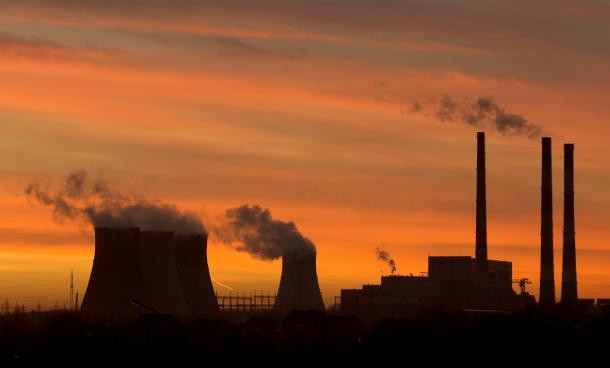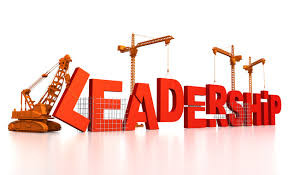
A LOW carbon future is significant for the world; this time more than any other opportunity due to escalating global carbon emissions. Despite spirited efforts on the global scale to implement comprehensive low emission development strategies and mitigate carbon emissions, Africa is still to realise climate justice from an unjust road map. The continent remains vulnerable, unable to meet its climate goals and one wonders how much justice there is in climate justice.
The UNFCCC Paris-driven renewable energy transitions find many African countries failing to meet its mitigatory measures due to lack of ambitions and complementary actions on the ground. Africa is struggling and can hardly cope due to limited adaptive capacities that have become an albatross in its quest to participate effectively in climate mitigation strategies aimed at a low carbon environment.
Judging by the lack of capacity to transform and modernise to comprehensive green economies, Africa lags in technology transfer and utilisation in an environment where foreign direct investment is still a mirage. Everyone wants to write a positive climate narrative for Africa but many countries appear lost in orchestrated climate confusion, prescriptive and dictated dossiers. Everyone needs to realise the highly publicised renewable energy revolutions but the continent still needs to address several obstacles before it can be climate quality assured.
Carbon literacy is at its all-time low in Africa. Carbon literacy is an awareness of carbon costs and impacts of everyday activities, ability to motivate and reduce emissions individually, at community and organisational levels. Carbon literacy educates, provides relevance and motivation, supplying all evidence for the growth of the carbon culture. Before going any further, carbon literacy assessment and measurement tools may not be readily available in Africa, to measure and calculate carbon footprints individually, institutionally or as an organisation while in developing countries these vital measurement tools are readily available as we try to imagine things and use eyes for measurements and calculations.
For this reason, how just is the concept of carbon literacy in Africa?
African journalists lack the energy and spirit to fight the language of “late fossil capital” that is language of the fossil fuels industries, designed to disinform and greenwash as forms of linguistic aberration.
Well-resourced main polluting nations and multinational corporations continue to use linguistic propaganda as part of their denial and double-speak. It is very unjust to appear to be climate positive and negative at the same time.
The continent spends more time trying to align itself with the language of the late fossil capital while failing to fulfil its climate ambitions and actions on the ground. In this regard, there is no climate justice in using climate propaganda language to shift the people’s attention to core climate obligations.
- Open letter to President Mnangagwa
- Feature: ‘It’s worse right now than under Mugabe’: Sikhala pays the price of opposition in solitary cell
- Masvingo turns down fire tender deal
- Human-wildlife conflict drive African wild dogs to extinction
Keep Reading
As a continent, there are still problems with aligning sustainable development goals (SDGs) with local situations. Issues of net-zero are not yet clear while SDG7 (affordable and clean energy) and issues of energy access should be at the heart of the highly assumed climate justice. In this regard, SGD7 is widely neglected, under-utilised and under-reported. That is the reason why people of the African continent continue to wallow in energy poverty, energy inequalities and carbon illiteracy, among others.
Technologies that enable decarbonisation are not fully in the public domain with only solar power being topical and widely utilised while wind power, geothermal energy, tidal and wave power, ethanol and biodiesel are not widely understood. Only a few countries in Africa make use of ethanol and biodiesel and Zimbabwe is one of them. These technologies are designed to sufficiently decarbonise and communicate carbon capture methodologies.
The continent lacks viable public and private sector initiatives hence companies at the forefront of accelerating renewable energy investments need to be acknowledged and incentivised. The private sector should be seen complementing government programmes as they participate in social responsibilities, many of which are designed to contribute to a low carbon culture.
Issues of transparency are also key and vital as countries need to conform to the Transparency Requirements of the Paris Agreement (2022-24). Main focus is on the emission factor on agriculture, forestry and other land-use practices (Afolu).
The Afolu sector is one of the most important sectors in greenhouse gas emissions and removals in developing countries. The aim is to improve accuracy and measurement in these sectors, which many African countries are not doing.
Proper implementation of the above programmes ensures that African countries contribute to the long-term low emission and climate resilient development strategies.
These are key in guiding countries towards sustainable low carbon economies and resilient building on the African continent.











